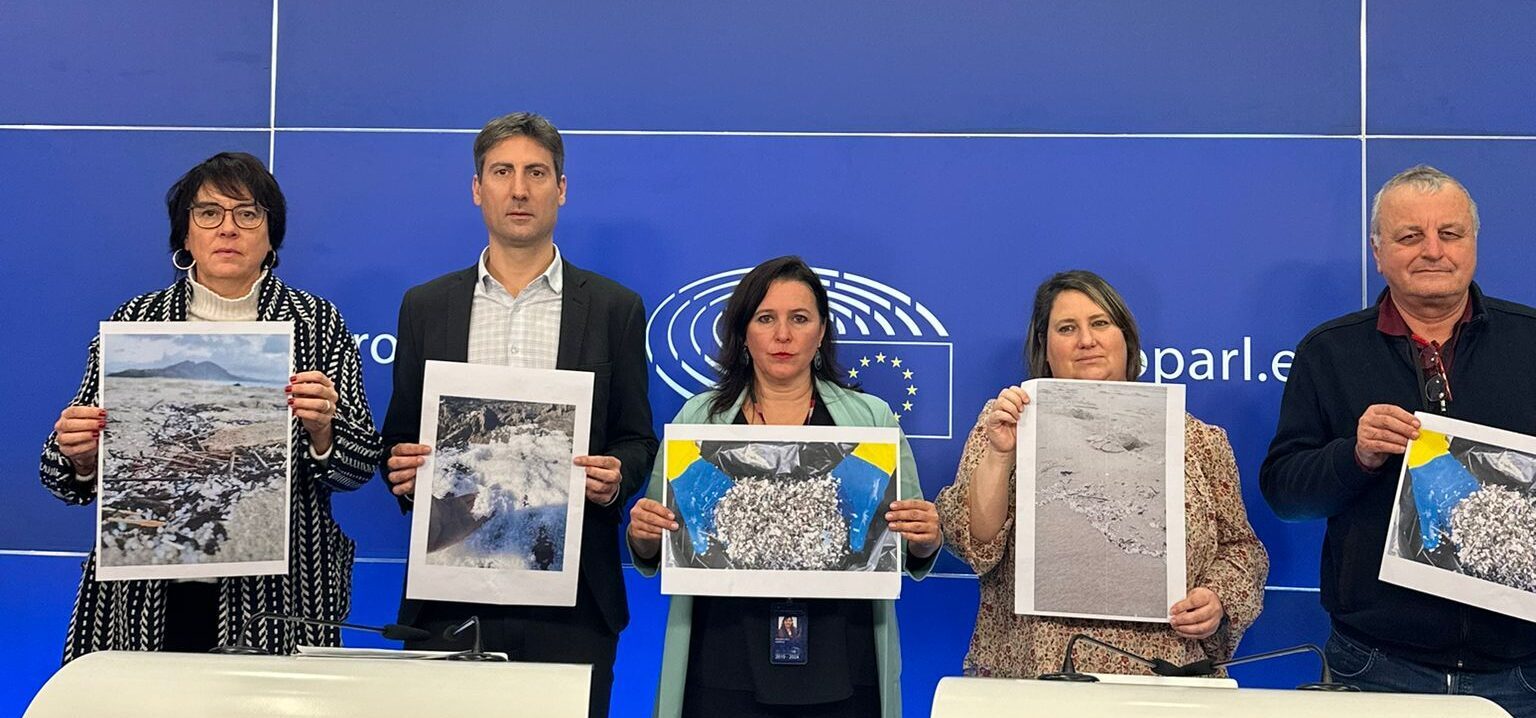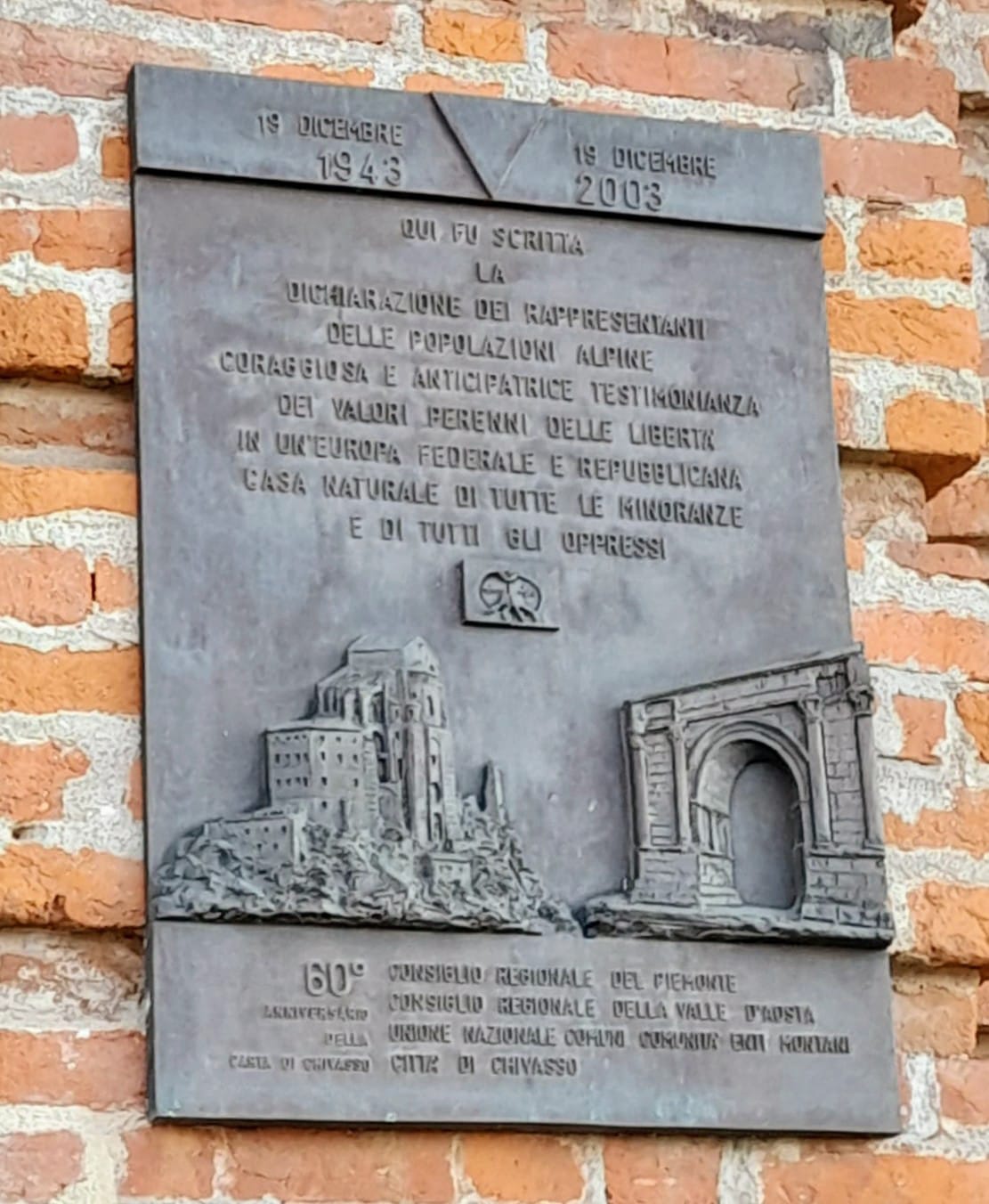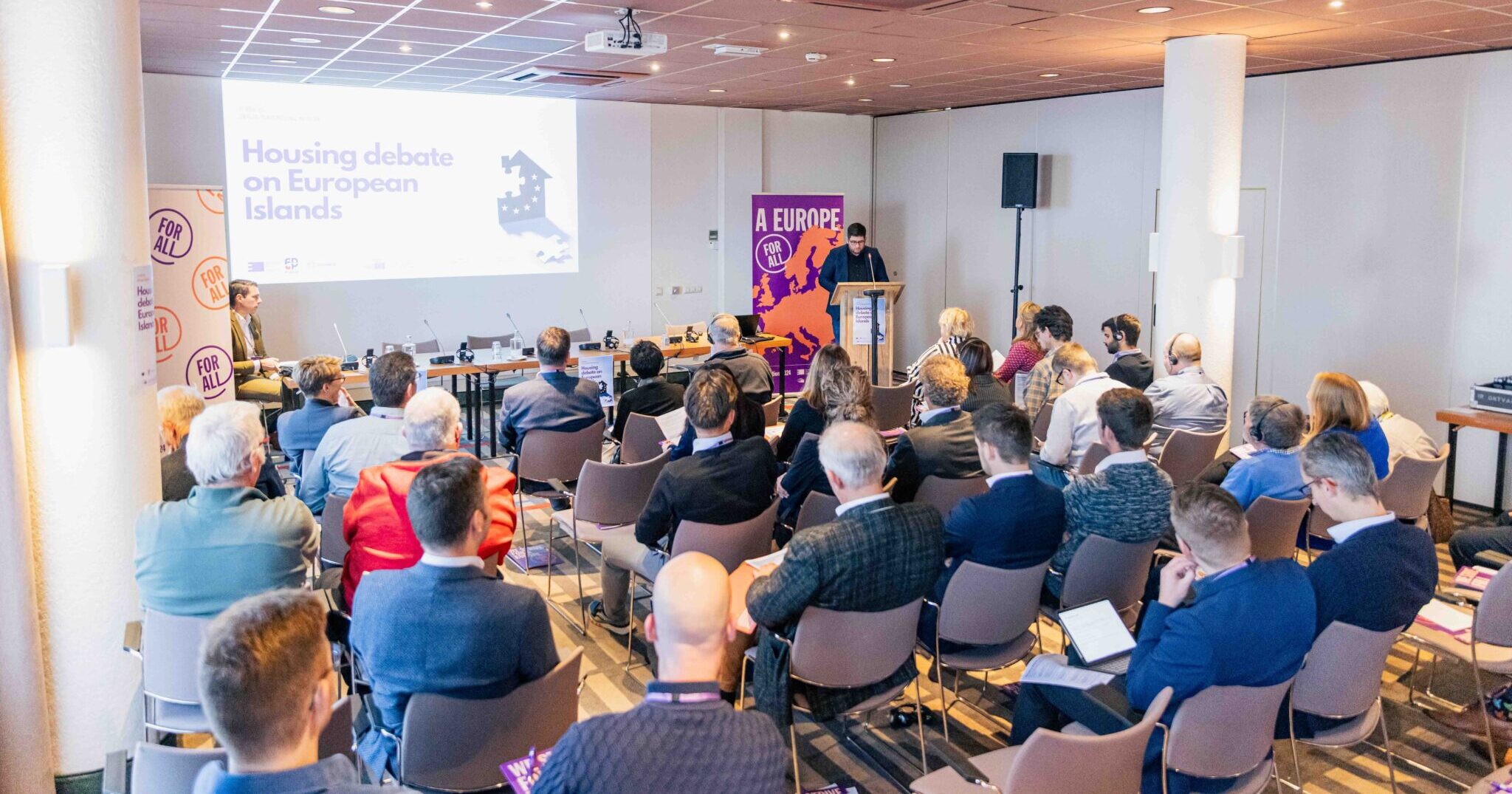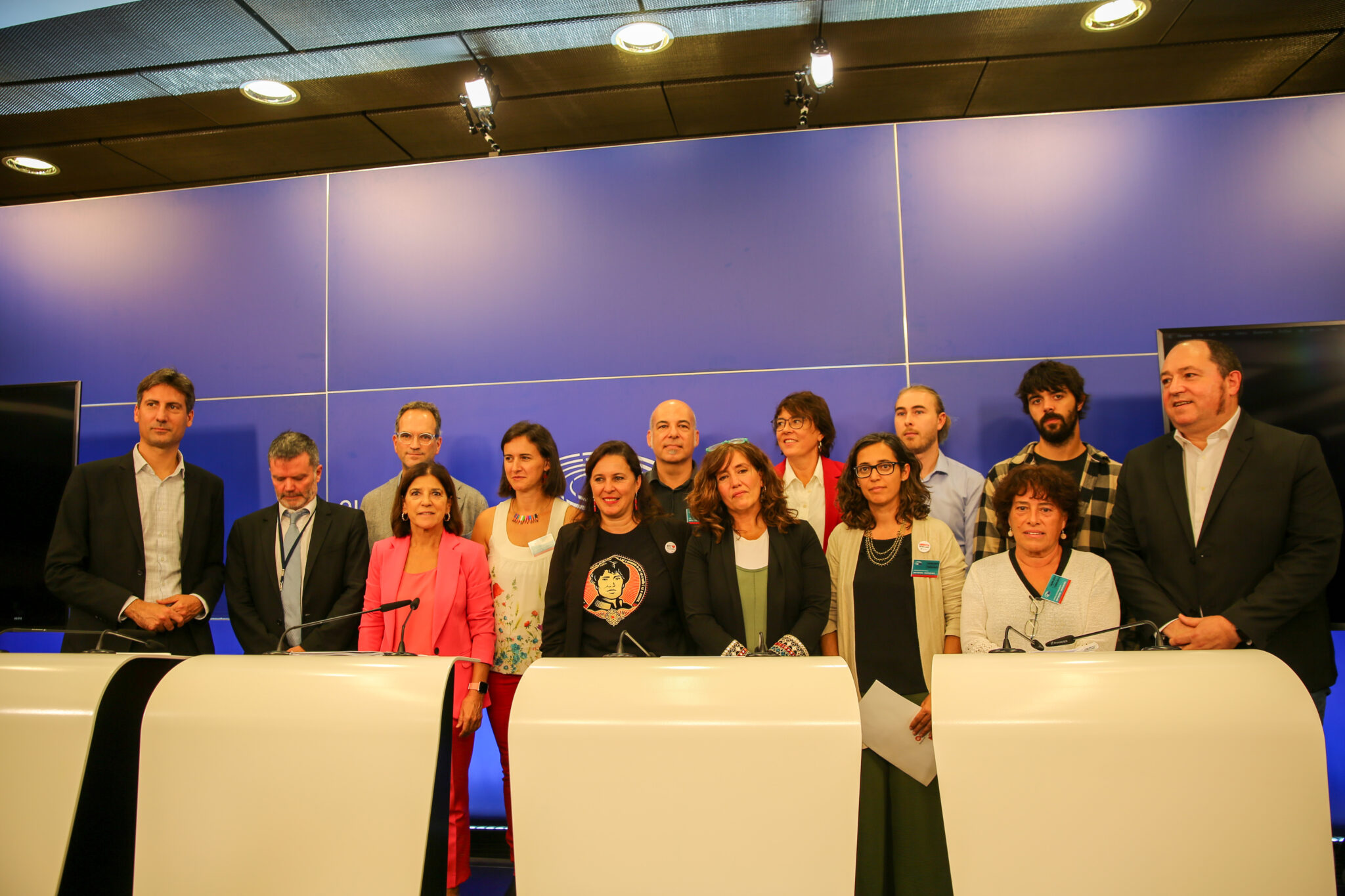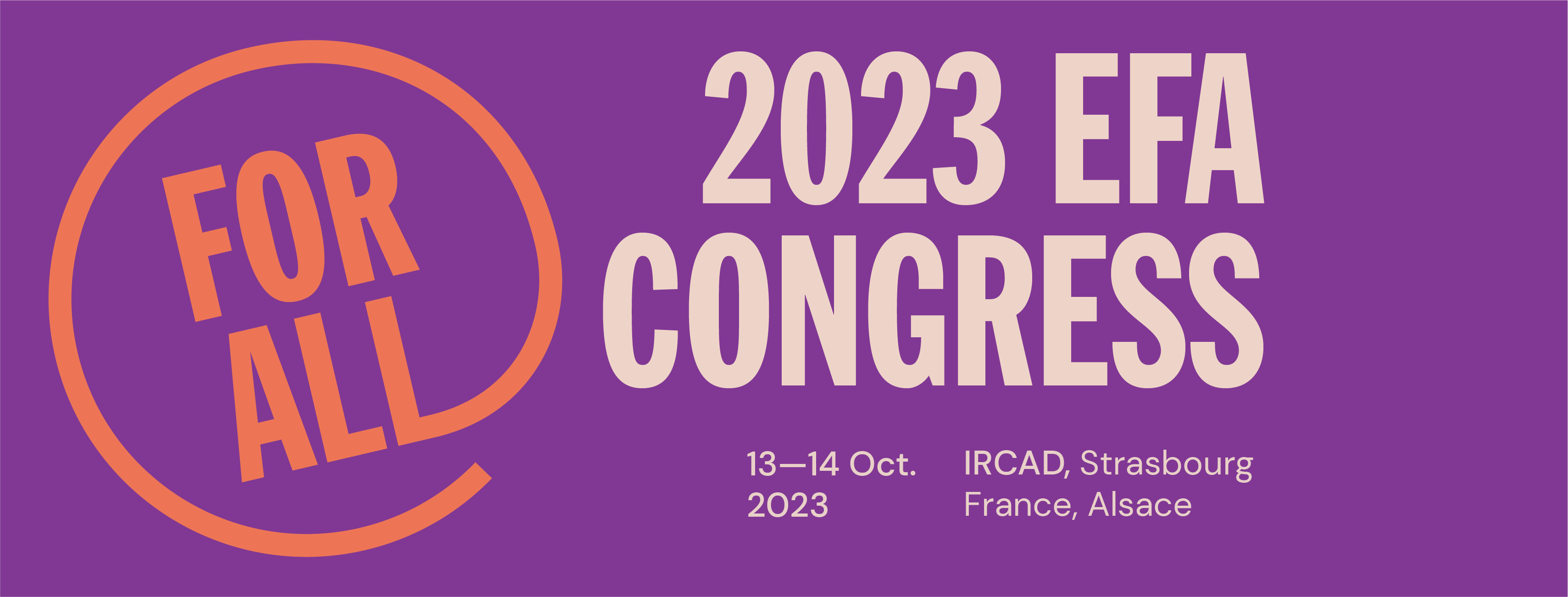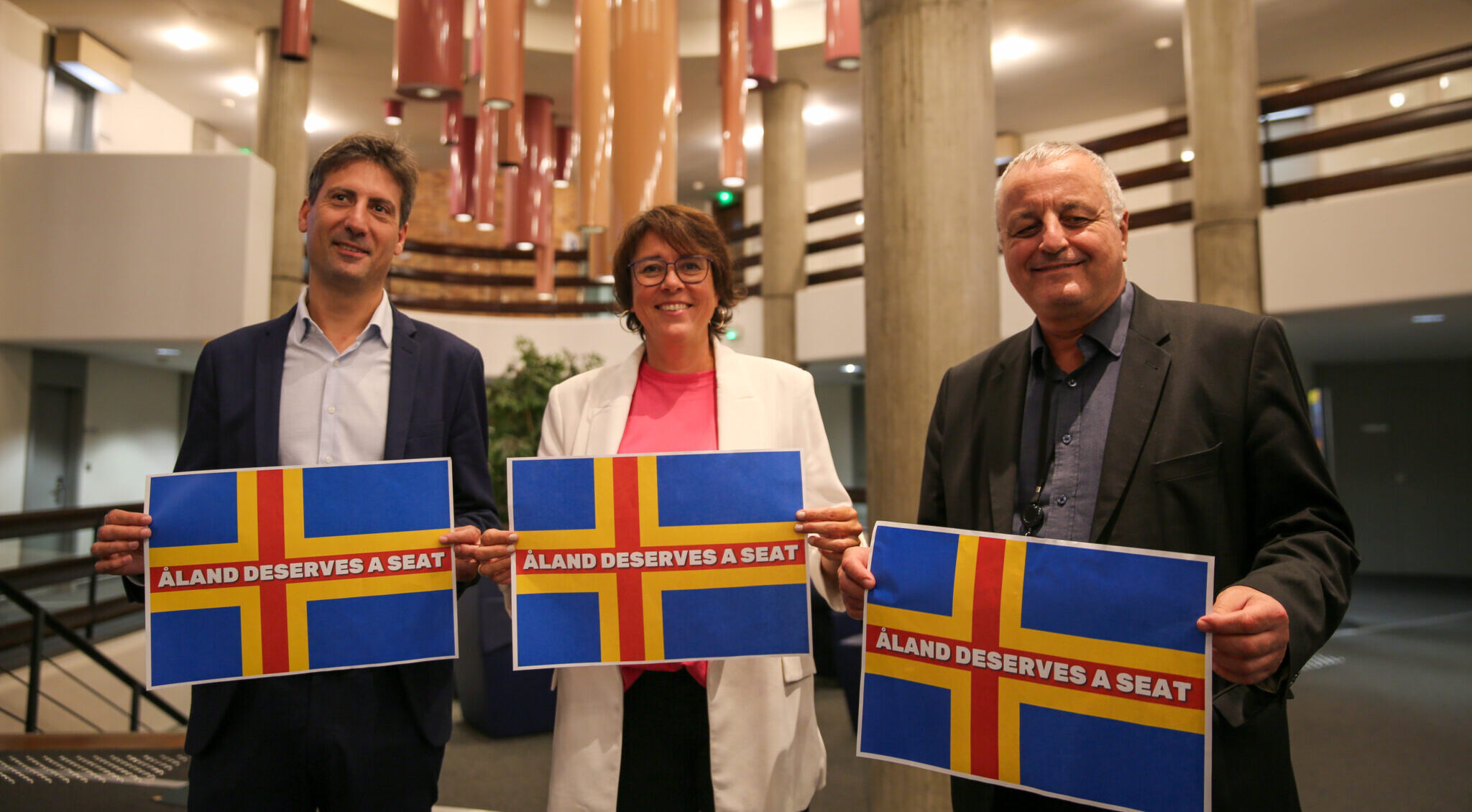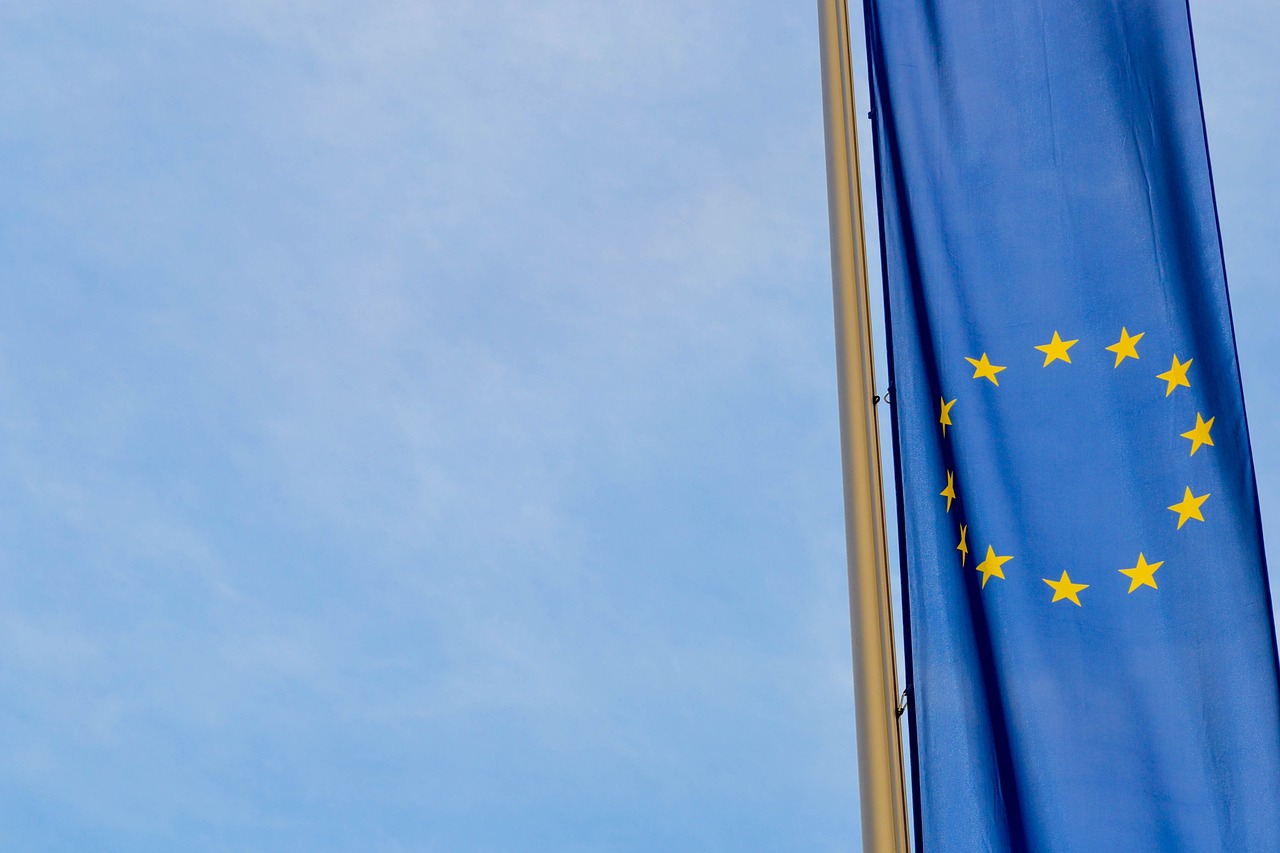EFA defends the need for a Europe-wide campaign on social media ahead of the EU elections
Editorial by EFA President Lorena López de Lacalle
Ahead of the elections to renew the European Parliament, the European Commission undertook a series of initiatives aiming at countering any overtly or covertly attempt to influence the political debate in a non-transparent way.
The Cambridge Analytica scandal was just the last of a series of episodes of interference by governments and multinationals in electoral campaigns. Yet, the European Commission, while well-intentioned, did not manage to effectively tackle the problem appropriately.
The Commission directly targeted social media, imposing very strict rules on controlling, reporting and repressing any form of mis-communication having political content. At the same time, measures were taken to ensure more transparency regarding the funding of political advertisements on the web.
The European Free Alliance endorses any effort which will increase the quality of the political debate in Europe but in this occasion, it is impossible not to remark the short-sighted character of the measures adopted by the Commission.
Responding to the inputs of the European Commission, Facebook put in place a new policy for paid advertisements having political content. This new policy introduces heavy restrictions for political advertisements: from April 2019 on, only entities that have a seat and a bank account in the Member State where they aim at displaying the advertisement could be able to purchase it on the platform owned by Facebook.
The impact of this policy is clearly the increase of the difficulties for European political parties to develop a Europe-wide campaign on social media and the acknowledgment that multinational companies like Facebook do not yet consider the EU as a single political space but just a single market.

![[UPDATE] EFA expels Latvian Russian Union](https://e-f-a.org/wp-content/uploads/2023/04/blue-gae9f38ab3_1280edited.jpg)
